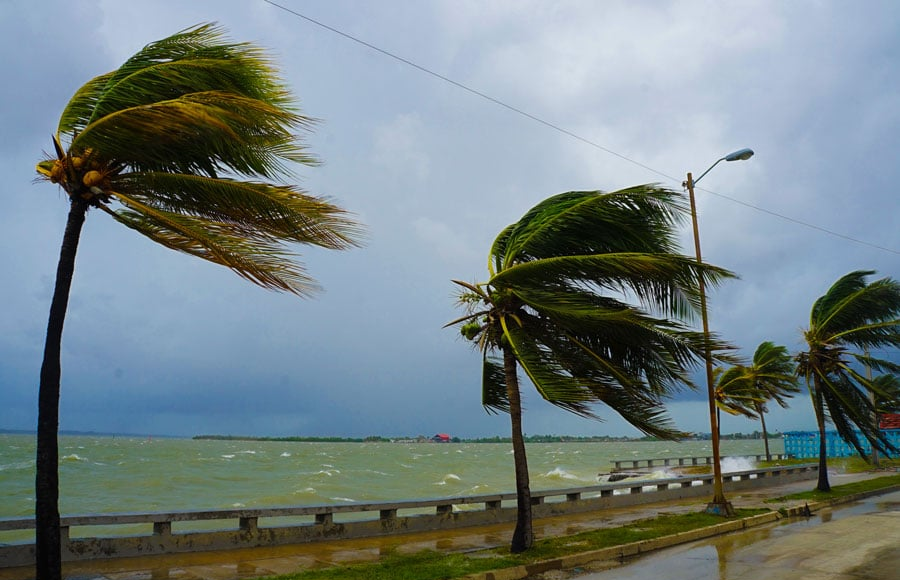The World Bank Group (WBG) and the International Monetary Fund (IMF) have announced an enhanced framework to intensify their joint efforts in helping countries address the urgent threat of climate change. This new collaboration aims to provide critical support for national climate strategies through an integrated, country-led approach that combines policy reforms with climate investments.
Under this enhanced framework, the WBG and IMF will leverage their respective strengths—analytics, technical assistance, financing, and policy expertise—to support country-driven reform programs guided by three key principles.
The first principle emphasizes the need for a collaborative effort among countries, the WBG, and the IMF to pinpoint specific climate challenges and necessary policy reforms. This process will be informed by the WBG’s Country Climate and Development Reports (CCDRs), the IMF’s climate-related analytics, and the countries’ own climate goals. By closely working together, these institutions aim to tailor solutions that address the unique climate issues each country faces.
The second principle involves collaboration with other Multilateral Development Banks (MDBs) and development partners to support the implementation of identified reforms. Through technical assistance and financing, the WBG and IMF will aid countries in executing their climate strategies. This cooperative effort is designed to streamline resources and expertise from various global entities to ensure effective and sustainable climate action.
The third principle focuses on mobilizing additional climate finance. Upon request, the WBG and IMF will help establish country-led platforms to attract further investment, particularly from the private sector. This initiative aims to create robust financial frameworks that encourage private sector participation, thereby amplifying the overall impact of climate investments.
This enhanced framework builds on the lessons learned since the institutions’ Joint Statement on Enhancing IMF-World Bank Collaboration, issued in September 2023. By strengthening their cooperation, the WBG and IMF aim to foster country-driven partnerships, drive significant policy changes, and scale up investments necessary to meet each country’s climate goals.
The WBG is significantly ramping up its climate action initiatives. It plans to allocate 45 percent of its annual financing to climate change adaptation and mitigation by 2025. Additionally, the WBG is working towards bringing renewable power to 250 million people in Africa by 2030. The organization is also expanding its crisis response toolkit to better support communities on the front lines of the climate crisis. To fund these ambitious goals, the WBG is optimizing its balance sheet and raising funds for a robust IDA21 replenishment and the new Livable Planet Fund.
The IMF is similarly committed to helping countries build resilience to climate change through its Resilience and Sustainability Trust (RST). Funded by generous contributions from 23 countries, the RST has supported 18 countries since it became operational in October 2022. The enhanced WBG-IMF collaboration framework is expected to further amplify the impact of the Special Drawing Rights (SDRs) channeled through the RST.
Kristalina Georgieva, Managing Director of the IMF, emphasized the importance of this collaboration stating,”Our joint efforts with the World Bank Group are crucial in helping countries transition to greener economies while ensuring financial stability and sustainable development.” She added that the combined expertise and resources of both institutions would significantly enhance the effectiveness of climate actions worldwide.
David Malpass, President of the World Bank Group, highlighted the need for urgent and coordinated action as he said, “Climate change poses a profound threat to global development, and it is imperative that we work together to provide countries with the tools and financing they need to address this challenge. Our enhanced cooperation with the IMF will help accelerate the transition to low-carbon, resilient economies.”
This enhanced collaboration framework is seen as a pivotal step towards a more sustainable and resilient future. By pooling their resources and expertise, the WBG and IMF aim to create a synergistic impact that will drive global climate action forward.













